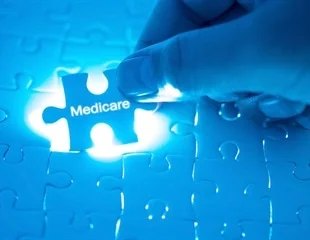In a 2021 filing unsealed in January 2024, whistleblower Singh accuses Aledade, the major independent primary care network, of Medicare fraud. Singh, a former senior medical director at Aledade, alleges termination for objecting to fraudulent conduct. Aledade, managing clinics in 40+ states serving 2 million individuals and valued at $3.5 billion, denies the claims, deeming them baseless. The lawsuit involves 19 independent physician practices, alleging their knowing use of Aledade software for illegal billings (upcoding). This case is distinctive, alleging upcoding within accountable care organizations, designed to reduce wasteful healthcare spending. While whistleblower lawsuits against Medicare health plans have led to substantial penalties, Aledade’s case introduces a new dimension. Aledade emphasizes its commitment to quality, value-based care and pledges to vigorously defend against the allegations.
Singh’s lawsuit against Aledade centers on the company’s utilization of coding software and guidance provided to medical practices joining its network. The suit alleges that Aledade encouraged doctors to add questionable medical diagnoses to receive extra payments, referred to as finding “the gravy” in the patient’s chart. The company allegedly instructed providers to diagnose diabetes with complications, even if the patient’s diabetes was under control or the complicating factor no longer existed. Some medical practices in Delaware, North Carolina, and West Virginia reportedly billed the inflated code for over 90% of their Medicare Advantage patients with diabetes. The lawsuit also claims that Aledade manipulated the software to change a diagnosis of overweight to “morbid obesity,” yielding higher payments. Some providers allegedly coded morbid obesity for traditional Medicare patients at 10 times the national average. The lawsuit characterizes these tactics as “Aledade gospel,” leading to increased revenue in the millions. Aledade contends that its software provides doctors with data and guidance for patient evaluation and treatment, emphasizing that independent physicians are solely responsible for medical decision-making. The company expresses a commitment to advocating for changes in Medicare’s risk adjustment process. The Justice Department declined to intervene in the False Claims Act case, prompting the unsealing of the lawsuit. Aledade plans to defend itself vigorously if needed in court. Singh alleges that unsupported diagnosis codes were added during wellness visits without resulting in additional medical care for patients. Aledade allegedly maintained Slack channels discussing financial incentives for higher-paying diagnostic codes and closely monitored doctors’ coding through the “no diagnosis left behind” initiative.




























